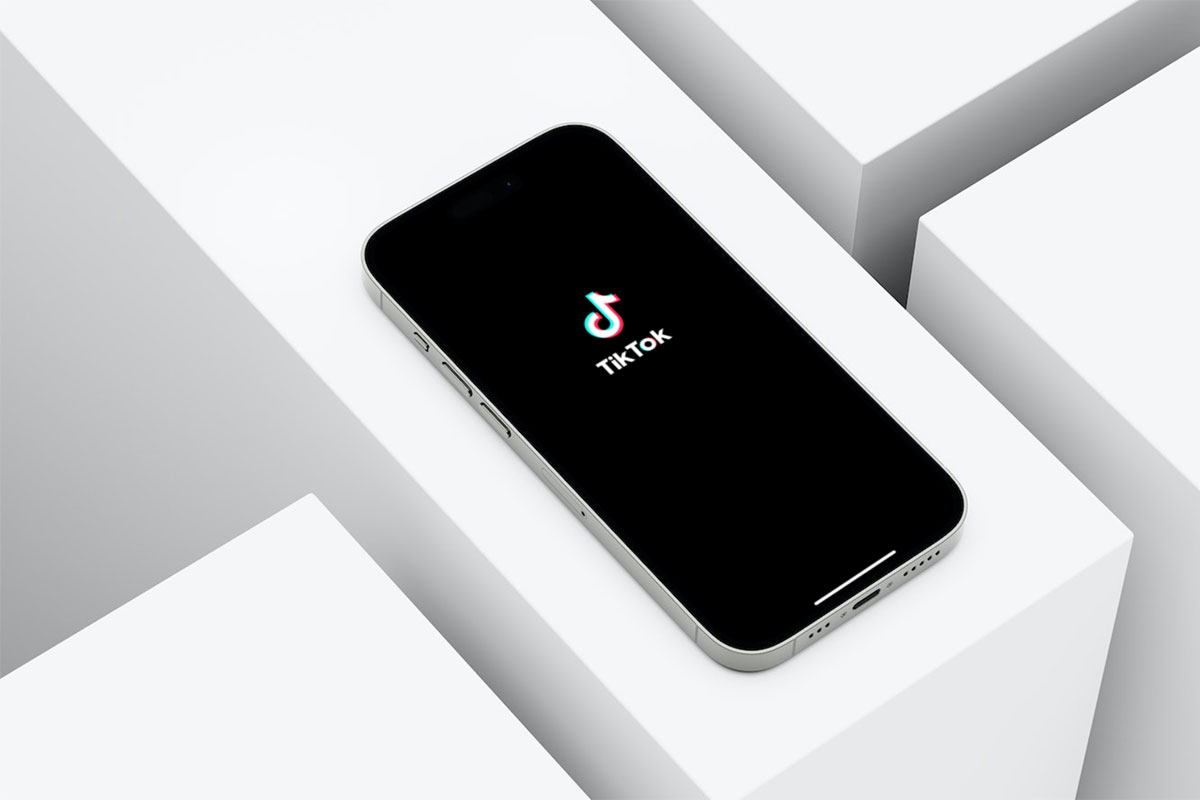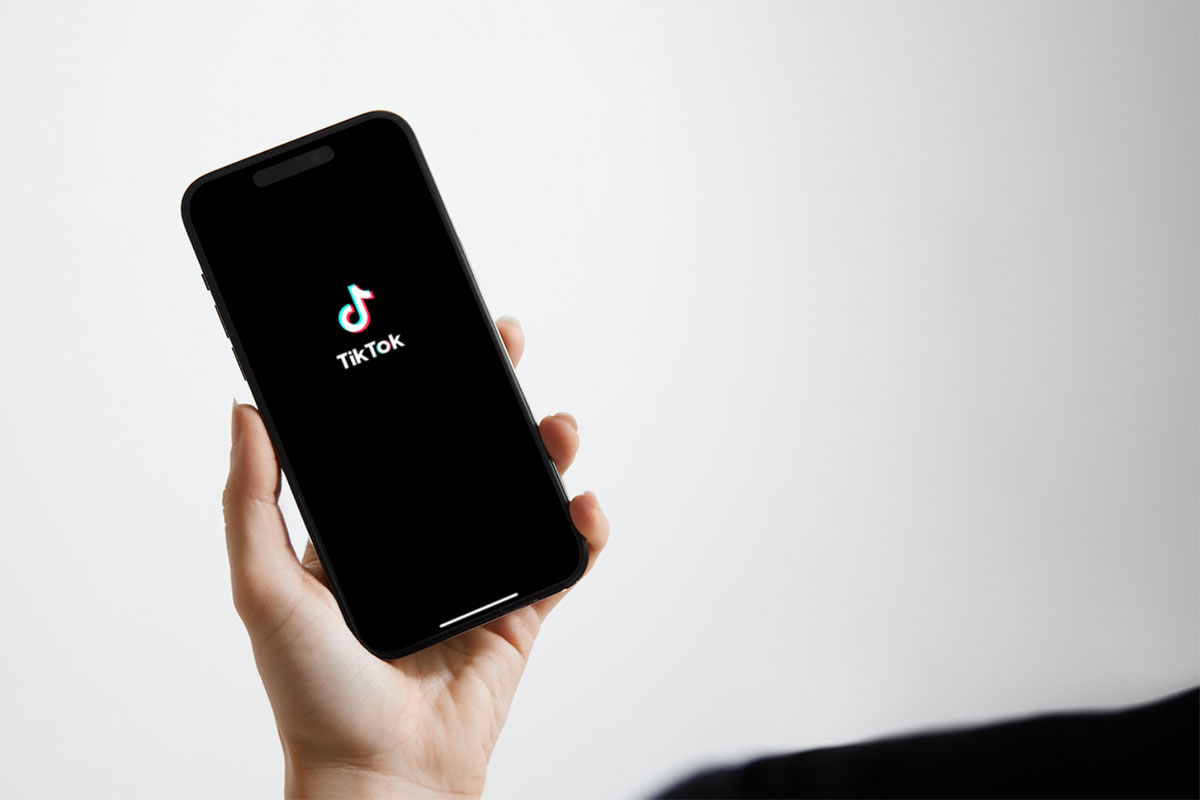I was born in 2002, which means that by the time I reached my teenage years, socializing and friendships extended outside school grounds and onto social-media platforms. Facebook was, of course, out of the question as it was “too old” for us. The platforms we used instead were Snapchat, Instagram, Tumblr and Twitter.
We have since gained a more recent contender: TikTok.
It is no surprise that some are unwelcoming to this platform. After all, don’t all forms of social media pose a threat in the eyes of parents? Parents have been skeptical of social-media apps that seem to suck in attention every day (Full disclosure: I needed to put a time limit on my phone). However, the fear this time has escalated to not only questions about child safety but also, supposedly, national security.
On Jan. 27, 2023, I received a notice from my university that Gov. Tate Reeves banned TikTok from “all state-issued government devices and the state’s network.” While most state entities would not implement this ban until a new law took affect on July 1, 2023, several universities preemptively banned it, including my own school. This policy meant that neither I nor anyone else at the University of Mississippi could access TikTok on campus.
My initial reaction was, “What in the ‘1984’ is this?” It felt almost surreal that the government would ban an app, especially one that seemed like it was primarily for entertainment purposes. Was the government even allowed to ban apps?
Mississippi wasn’t the only state to ban TikTok on government devices and networks: Florida was the first to issue this ban, and other states such as Tennessee, Alabama, Utah and Maryland followed suit.
Gov. Reeves’s initial directive stated thus: “Mississippi isn’t going to sit around waiting for the Chinese Communist Party to steal our state government data, and that’s why I issued this directive. It will help us better protect our state’s sensitive information and critical infrastructure.”
The words that stuck out to me were “Chinese Communist Party.” I could understand the banning of an app because of some potential threat to the nation. However, the inclusion of the Chinese government in the explanation created someone to blame and further made it look like some sort of fear-mongering is at play here. There seemed to be an underlying reason that lay beyond national security.
Two months later, in March 2023, under the scrutinous eyes of the U.S. House committee, congressmen and women alike grilled TikTok. Their main concern? The dangers the app posed for children and national security. Congress spent five hours questioning CEO Shou Zi Chew, and much to my—and many other TikTok users’—dismay, they were asking all of the wrong questions.

The first issue is that a majority of our lawmakers do not understand how social-media apps work in the first place. During the hearing, they were concerned with drugs and tracking eye dilation, and they constantly mentioned the CCP despite Mr. Chew’s repeated denial of affiliation. They discussed mental health in a way that made it seem like depression was contagious (huh?). To make matters worse, they did not listen to Mr. Chew’s answers and explanations to their questions. Most of the time they interrupted him, and some even dismissed his answers with, “Well, I don’t think so.”
When Mr. Chew explained that TikTok needs camera access for users to utilize filters, U.S. Representative Buddy Carter of Georgia asked, “Why do you need to know where the eyes are if you’re not seeing if they’re dilated?” The amount of off-the-walls questioning and badgering that happened on the House floor did not shine a good light on our nation’s lawmakers.
Clearly a generational gap exists in the understandings of how social-media platforms work. A CBS News/YouGov poll released on March 23, 2023, shows that while only 39% of those between the ages of 18 and 29 years support the TikTok ban, 83% of those ages 65 years and older are in favor of the TikTok ban. (65% of those between 45 and 65 years of age were in favor of the ban.) The average age of the House of Representatives is 57.5 years, which explains why a majority of the House would want to ban TikTok.
The second but most critical issue is that the U.S. government is targeting TikTok alone. If data mining and national security were truly the question at hand, then all social-media platforms should be under skepticism.
Sure, a few years earlier, Mark Zuckerberg of Meta faced a House committee to discuss safety concerns regarding Facebook and Instagram. Facebook’s credibility has been questioned because of its role in spreading Russian disinformation of the 2016 election, misinformation regarding COVID-19 and as a center of communication for the assault on Capitol Hill on Jan. 6. Since these hearings, though, barely anything about the company and its practices has changed, save for the odd name change, yet we do not see people grilling him about that.
Moreover, what is stopping other companies from potentially selling data—other than the fact that these companies are, well, American? It seems like the only reason why the U.S. questions TikTok’s integrity is because of the fact that ByteDance, their parent company, is a Chinese company. Meanwhile, TikTok itself operates outside of China, in Singapore and—wait for it—the United States (Los Angeles, to be exact).
Of course, national security is something that should never be put at risk, but the fact that all of this is because of TikTok’s affiliation to China is almost nonsensical. This rhetoric could be recognized as xenophobia.
Rep. Jamaal Bowman of New York said that this ban is part of another Red Scare. China’s relations with the U.S. have not always been the best, and tension has only grown in recent years. In cases like these, it is only obvious for a country to create an “enemy” so that the people will support their home country, even if it means that they have to weave a hypothetical narrative.
Jeremy Hurewitz wrote in The Hill that this ban is not xenophobic. After all, in 2021 the U.S. banned Huawei, a Chinese phone and communication company. If you think about it, though, who knows about Huawei? Even if Huawei products are banned, Americans have other brands to fall back on, like Apple and Samsung. However, TikTok is a one-of-a-kind app. YouTube and Instagram have tried to follow TikTok’s revolutionary setup, but Shorts and Reels are not anywhere near replacing TikTok. Why? In the words of Blake Chandlee, the president of TikTok’s global business solutions, it is an entertainment platform.
For the record, I know next to nothing about cybersecurity and national security. But what I do recognize is that when Gov. Tate Reeves and other lawmakers put the words “Chinese Communist Party” into the equation, people get scared. And that is what these lawmakers are trying to do: instill fear.
The ban on TikTok is not a “big deal” because there are a ton of teenagers backing it up, as Mr. Hurewitz says in his article. It is about transparency and also trust. When we question the integrity of an app because of hypothetical stories, we have to question the integrity of everything through hypothetical stories. Is it better to play it safe now than to be sorry later? Absolutely. But if we base it on an app’s relationship with a country, that is when motives become questionable.
This MFP Voices essay does not necessarily represent the views of the Mississippi Journalism and Education Group, the Mississippi Free Press, its staff or board members. To submit an opinion for the MFP Voices section, send up to 1,200 words and sources fact-checking the included information to azia@mississippifreepress.org. We welcome a wide variety of viewpoints.






